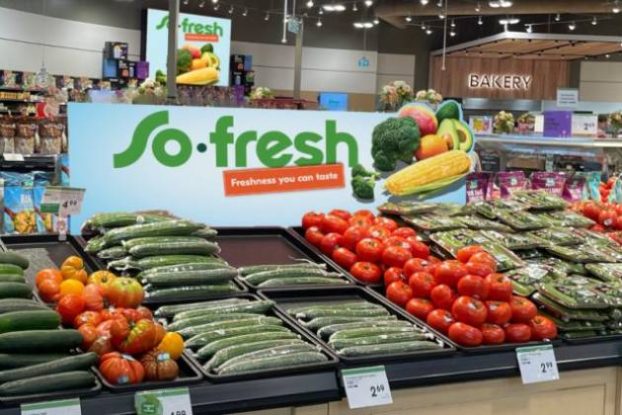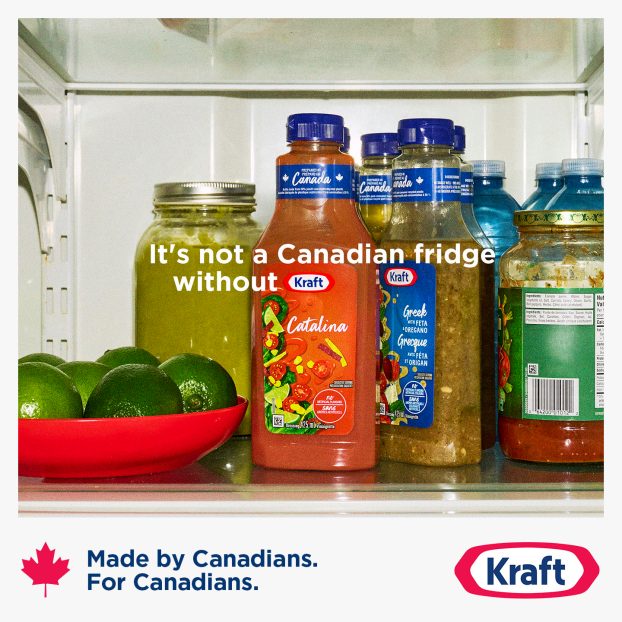What can community newspapers do to get their product onto national media plans?
Let’s review the problems they face, both perceived and real.
Unfortunately, community newspapers are small market and suburban. National advertising is Toronto and ‘downtown’.
National media and marketing people who live in apartments at the corner of Yonge and Eglinton in downtown Toronto don’t have hands-on experience with community newspapers and therefore have less confidence in them as a medium.
Community newspapers are perceived to be a retail medium, with all the trials inherent in this label.
In many ways, national advertisers’ concerns with community newspapers are similar to their concerns with another so-called retail medium – radio.
The trials of buying both media include booking hundreds of different markets, having hundreds of invoices to check, having retail sales representatives offer lower rates to your dealers and having no audits of circulation.
What can community newspapers do to correct these problems? Again, radio can be a good guide.
In the days before mega-mergers, several radio stations in a region were often sold by one national sales representative.
The rep was expected to know each market’s characteristics, each station’s programming and coverage strengths and was expected to be familiar with any studies or research that backed up the stations’ claims.
In return, the rep was remunerated, at least partly, based on how successful he or she was at selling. Or, to put it another way, how well the rep communicated the information the buyer needed.
The stations were grouped to create an economy of scale great enough to warrant a sales effort, yet the number of stations was not so great as to make it impossible for the rep to sell and not just take orders.
Why don’t community newspapers do more of this?
Toronto-based Metroland and Montreal-based Reseau Select are successful sales venues and I am encouraged by Magazine Network’s recent foray into repping community newspapers in b.c.
We expect at least as good sales service from these rep shops as from a radio rep shop.
This may or may not eventually eliminate processing hundreds of insertion orders, but it will at least reduce the phone calls necessary to book a national campaign.
Having a sales office for a network of papers is different from having regional order processing centres.
One has more of a stake in selling the product than the order. Both, however, are affected when a wide disparity between retail and national rate cards exists.
For example, national advertisers who book an ad through the regional order processing centres can pay significantly more, just because the booking is made from Toronto.
The differences between rate cards can be up to 50%. Frankly, this practice should be put to a halt. The difference must scare other advertisers away from using the regional booking offices, so the only ones really being hurt are the newspapers themselves.
If one of their objectives is to increase national advertising, those who continue this pricing practice are not helping to achieve it.
One last thing that is needed is more research.
I have a picture of community newspapers as a medium that is set up for the benefit of retail advertisers, not for national advertisers and not even for readers.
I live in the suburbs and receive one newspaper three times a week and another once a week. Day-to-day, the advertising and editorial information are pretty much the same. Only the flyers change.
In small markets, where there is only one community newspaper that comes out once a week, I believe that most people read the community paper.
In areas served three times a week by two community newspapers, plus a daily or two, then I’m less sure that every community newspaper is being read.
The usual proof of effectiveness given by community papers is that the ‘local retailers wouldn’t use it if it didn’t make the cash register ring’.
I certainly will listen to solid case history evidence, but I am unimpressed with the fact that Joe’s Garage uses the community newspaper (especially when Joe’s also uses the daily newspaper and the radio).
A strong research study, a competent sales network and a fair national rate card will provide evidence that the community press is an effective medium that wants national business.
Ross Campbell is media supervisor with Toronto-based Saatchi & Saatchi Advertising.























